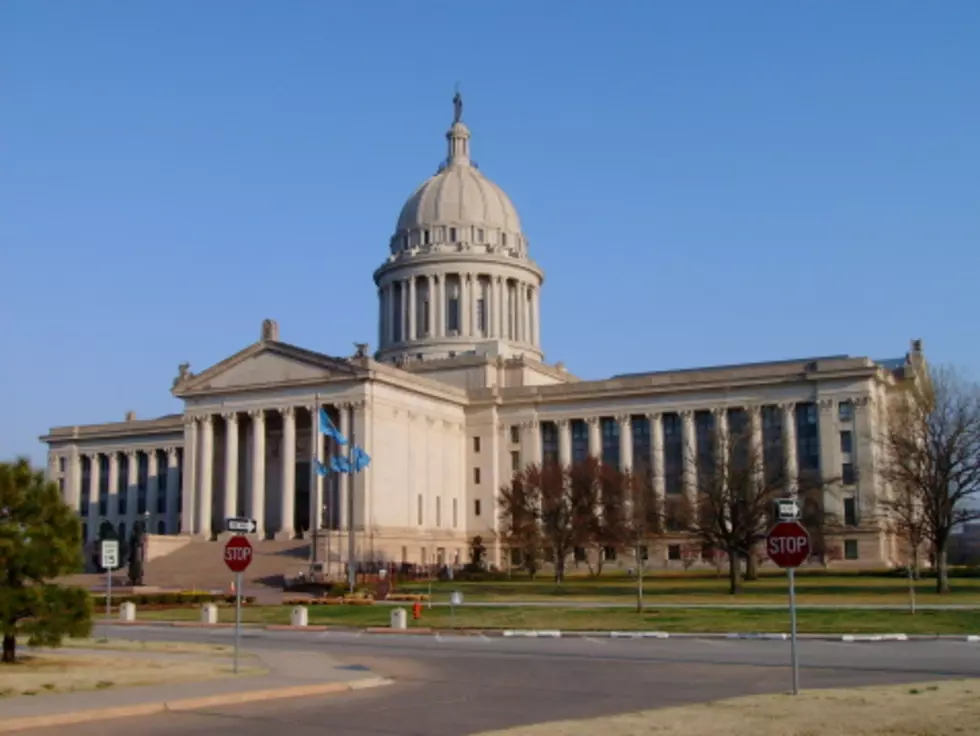
‘It Was Like A Riot': The History of Disco Demolition Night
The blockbuster success of the 1977 movie Saturday Night Fever persuaded many radio stations to drop rock 'n' roll music and switch formats to disco. Rock fans were furious when icons like the Rolling Stones, Rod Stewart and Paul McCartney released disco tracks.
Hatred of disco would boil over on July 12, 1979 at Comiskey Park, home of baseball’s Chicago White Sox. A local radio station asked listeners to bring disco records to a game between the White Sox and the Detroit Tigers. The albums would be blown up in center field in what became one of baseball’s most notorious promotions: Disco Demolition Night.
‘Disco Sucks!’
By 1979, “Disco Sucks!” was the rallying cry of Chicago disc jockey Steve Dahl of WLUP-FM. Dahl had been fired the year before by rival WDAI when the station switched from rock to disco.
Dahl organized his listeners into an "anti-disco army... dedicated to the eradication of the dread musical disease known as disco.” He relentlessly ridiculed dance music and blew up disco records on the air.
Enter Mike Veeck, promotions director of the Chicago White Sox. Veeck learned the craft of staging outrageous stunts from his father, Bill Veeck, the baseball team’s owner. The elder Veeck was well known for his innovative marketing approach, most famously the signing of 3-foot-6-inch Eddie Gaedel to bat for the St. Louis Browns. Gaedel, wearing uniform number 1/8, drew a four-pitch walk in his only major-league plate appearance.
Mike Veeck told Ultimate Classic Rock that he got the idea for Disco Demolition Night in 1977 after he’d staged a successful disco dance promotion.
“I was just mesmerized by the fact that we drew 20,000 people. At the end of the night a record plugger named Jeff Schwartz and I were talking about drawing 20,000 to listen to this terrible music. I said, ‘We ought to have a night for people who hate disco, an anti-disco night.' I went home, never thought about it again and a couple of years later, Schwartz called me and he goes, ‘There’s a guy named Steve Dahl on WLUP blowing up a disco record.’”
Veeck and Dahl planned to stage Disco Demolition Night after the first game of a twi-night doubleheader between the White Sox and Tigers. Admission was 98 cents if you donated a disco record to be blown up in center field.
‘All Hell Broke Loose’
Veeck, who expected 35,000 people, was surprised when 60,000 showed up. Only 50 off-duty police had been hired for security. When fans climbed the walls of the stadium to enter, Veeck sent 20 of the cops away from the field to stop them.
“People brought ladders,” the Tigers’ Rusty Staub told the New York Times. “They were climbing in from the outside. It was like a riot.”
Dahl, dressed in military fatigues, circled the field in a Jeep and fired up the crowd. Then, explosives blew up the bin full of records. The blast blew a hole in the outfield turf as records flew from the crate with the crowd chanting “Disco sucks!”
By the time the smoke cleared, some fans had jumped onto the field, and others began to follow suit. The batting cage was torn down and signs were set on fire in center field. Fans climbed the foul poles and ran the base paths.
“All hell broke loose,” added Tigers pitcher Jack Morris. “They charged the field and started tearing up the pitching rubber and the dirt. They took the bases. They started digging out home plate.”
“Crowd control is a misnomer,” said Veeck. “If the crowd thought as one, every time the [Rolling] Stones came out on stage, the whole crowd would be on stage with them. At this particular moment it was the perfect storm. People looked down on the field, saw 20 off-duty cops leaving and go, ‘Hey wait a minute. There’s 60,000 of us. And let’s see, there’s one, two… 30 of them! Let’s go!’”
Watch the Original Footage from Disco Demolition Night
Riot police were called and the field was eventually cleared. The event led to at least nine injuries and 39 arrests. Because of the condition of the field, the White Sox forfeited the second game.
In the wake of the debacle, some music critics and artists blamed rockers' anger on disco's appeal to blacks, Latinos and gays. But Harry Wayne Casey, leader of disco pioneers KC and the Sunshine Band, told us he doesn’t buy that.
“Everybody always wants to tie color to every situation,” said Casey. “Rockers were threatened that their music was going to disappear and this new type of music was going to take over.
“It reminded me of when Elvis Presley came in and there was all this backlash of Elvis Presley’s music. Then the Beatles came in, there was all this backlash for the Beatles. And then we come along and now there’s this backlash against that type of music. So I think the people of the rock genre felt threatened by this new movement. So they rose up against it.”
Watch a News Report of Disco Demolition Night
Criticism of the promotion had a profound effect on Mike Veeck, who was fired by the White Sox seven months later. Unable to find another job in the big leagues – Veeck believes he was blacklisted by the clubs – he moved to Florida, where he worked odd jobs until offered a position with a minor league team.
Twenty years would pass before Veeck landed a job in the big leagues in the Tampa Bay Devil Rays organization. Today Veeck is co-owner and president of the minor league’s St. Paul Saints. Despite the blowback, he takes a sanguine view of Disco Demolition Night.
“It was the best thing that ever happened to me because it taught me. I was a micro-manager in every sense of the word and the moment that I saw those kids break on the field I realized that things happen that you can’t control. So even though I realized that I would be tarred and feathered, and for the next five days I was, I realized that things happen and you have a lot more fun and you’re a lot better at your job if you’re loose.”
See the Rolling Stones and Other Rockers in the Top 100 Albums of the '70s
More From 1073 Popcrush


![Youngster Dances His Way To A Prize He Couldn’t Imagine At Baseball Game [VIDEO]](http://townsquare.media/site/127/files/2015/07/hqdefault1.jpg?w=980&q=75)







